Top Reasons for which a 4th Engineer Should Call the Chief Engineer to the Engine Room
Being a fourth engineer on a ship is the first step on the road to a successful maritime career. The manner in which a fourth engineer conducts and disciplines himself or herself during this time, decides the future course of the maritime career. A Fourth engineer though has cleared the first of the many competency certification exams, is actually naive, considering the very brief shipping experience he has to back him. Thus, the way he reacts or handles situations in an engine room would require constant monitoring from senior engineers of the ship.
However, as a precautionary step, a 4th engineer should always consult the chief engineer in case of an emergency situation or before carrying out an important maintenance work. This would save him and the ship from getting into any kind of grave trouble.

But the question that bothers most of the 4th engineers is when to beckon the chief engineer of the ship to the engine room? This is a common situation which generally arises out of lack of understanding to differentiate between a routine/normal situation and a grave condition.
We have brought to you a list of situations, in or under which, a fourth engineer should directly call or consult the chief engineer before giving a second thought. (Please don’t think how the chief engineer would judge your actions, just call him to the engine room!)
Reasons for which a 4th Engineer Should Call the Chief Engineer to the Engine Room
- Any Alarm Indication related to the main engine
- Any Alarm Indication related to automation failure
- Oil mist detector alarm Indication
- Fire alarm Indication
- Generator failure
- Malfunctions of main engine remote control system
- Main engine high temperature alarm
- Funnel fire or exhaust fire alarm
- Any Machinery breakdown
- Main engine liner or FO alarms
- Abnormal shafting conditions
- Malfunctions of AUX engines / generators remote control systems
- Malfunctions of Turbo Generator / generators remote control systems
- Anything abnormal during test of emergency generator
- Abnormal boiler water level or pressure / feed water valves
- In case of any abnormal noise, vibration, smell, Leakage, and spill
- Problem during bunkering
- Steam leakage
- Sudden rise or drop in tank level
Apart from these, there are several other situations wherein the 4th engineer should call the chief engineer to the engine room. The bottom line is that the 4th engineer should not act with over confidence but use his smartness to tackle the problem along with the right guidance from the senior engineers.
You may also like to read-A Day in the Life of a Fourth Engineer
Do you have info to share with us ? Suggest a correction
Latest Ship Safety Articles You Would Like:
Subscribe To Our Newsletters
By subscribing, you agree to our Privacy Policy and may receive occasional deal communications; you can unsubscribe anytime.





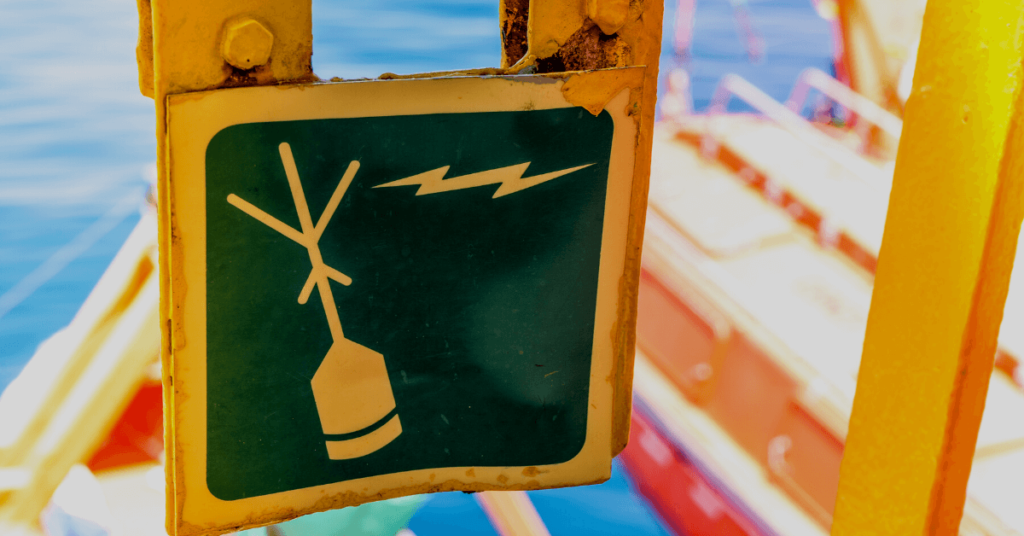

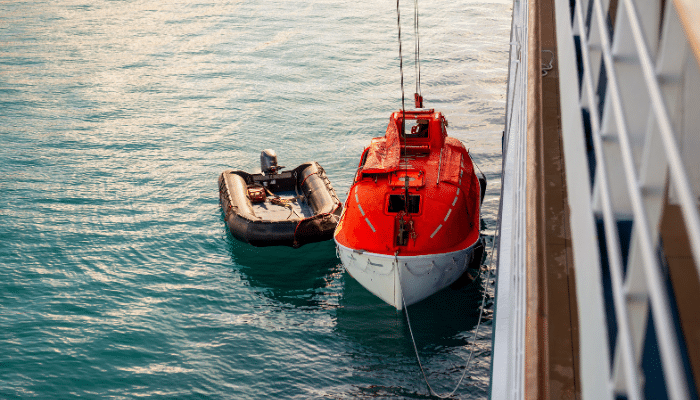
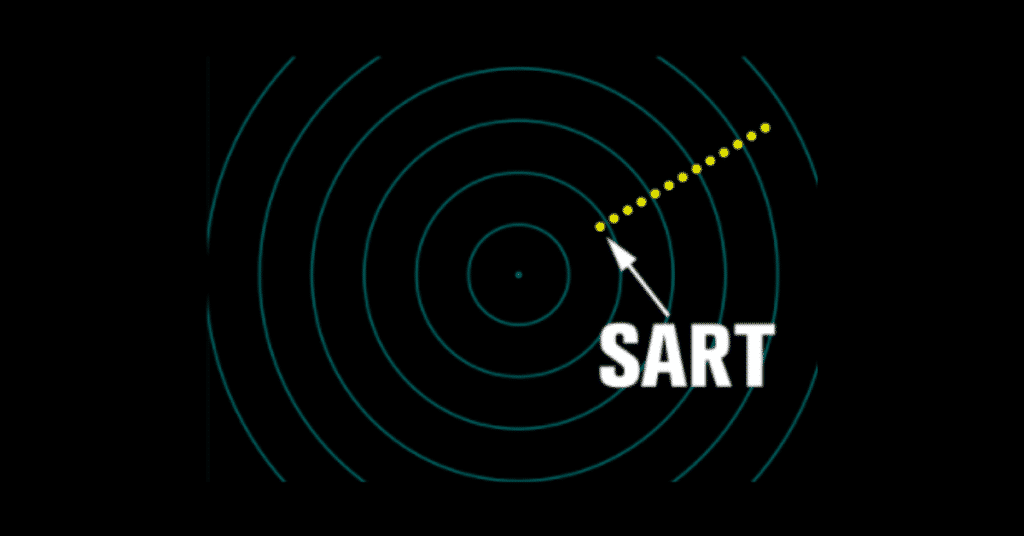



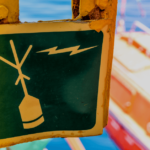



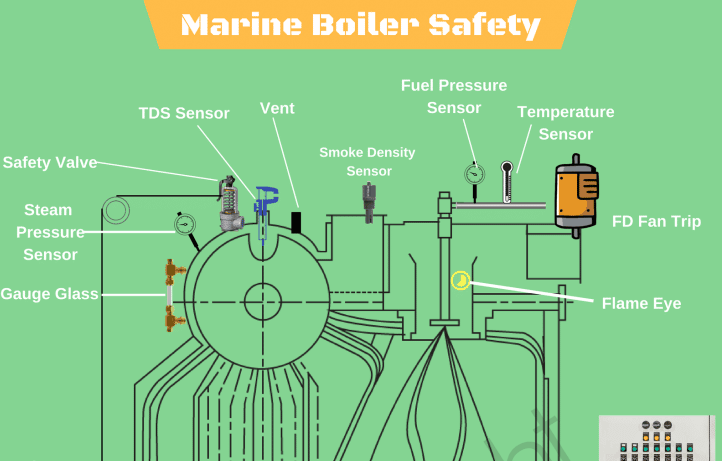
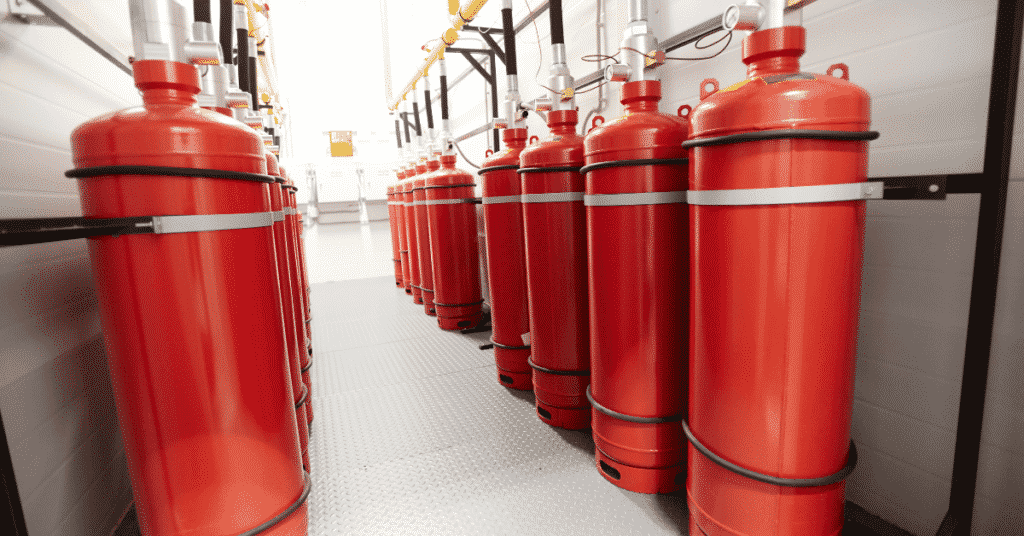


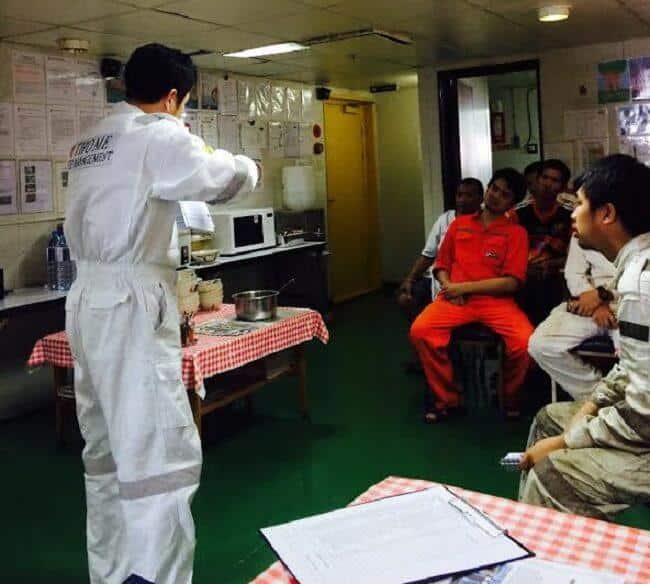

damn good
i like this post
very good
Glad he’s not my fourth engineer, then again I never had more than two, I’d have to move my bunk to the control room.
Who the heck has third and fourth engineers at this time and age?
My fourth started main engine without reporting to chief as he knew he was exhausted and it was 3:00 AM early thursday morning right after unloading.